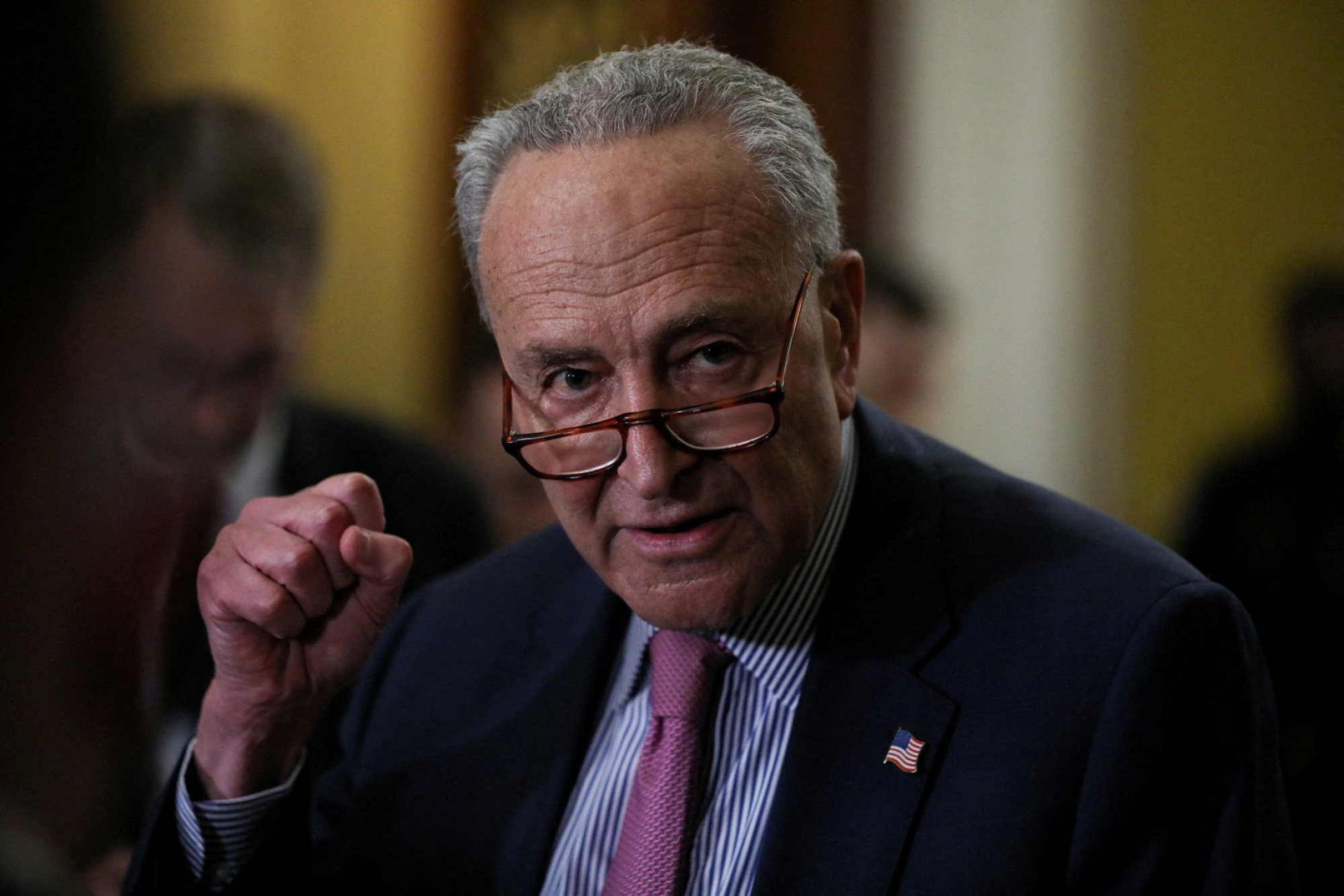US congressional leaders have agreed on a two-tranche stopgap spending bill to keep the federal government funded into March and avert a partial government shutdown starting late next week, US media reported on Saturday.
Politico, CNN and Punchbowl reported that congressional leaders have agreed on what is called a “continuing resolution” or “CR”, that would fund the government – extending two deadlines through March 1 and March 8.
The media outlets reported that House of Representatives Republicans will unveil the plan on Sunday night.
Funding expires on January 19 for some federal agencies, including the US Department of Transportation, while others like the Defence Department face a February 2 deadline.

The top Democrat and Republican in Congress reached a US$1.59 trillion deal on January 7 to fund the government through the current financial year, but if they fail to pass it by January 19, parts of the federal government would begin to shut down.
Some lawmakers have said a short-term funding bill was needed to allow bipartisan negotiators from the House and Senate time to agree on full-year fiscal 2024 spending bills and for Congress to enact the legislation.
On Thursday, Democratic Senate Majority Leader Chuck Schumer took the first procedural step to pass a stopgap funding bill through the Senate early next week to give lawmakers more time to pass the full-year bill.
New US House speaker holds low-profile, mainstream hawkish views on China
New US House speaker holds low-profile, mainstream hawkish views on China
The United States came close to a partial government shutdown last autumn amid opposition by the hardline House Republicans who ousted former speaker Kevin McCarthy over reaching a bipartisan stopgap spending deal with Schumer.
A representative for House Speaker Mike Johnson did not immediately respond to a request for comment.

